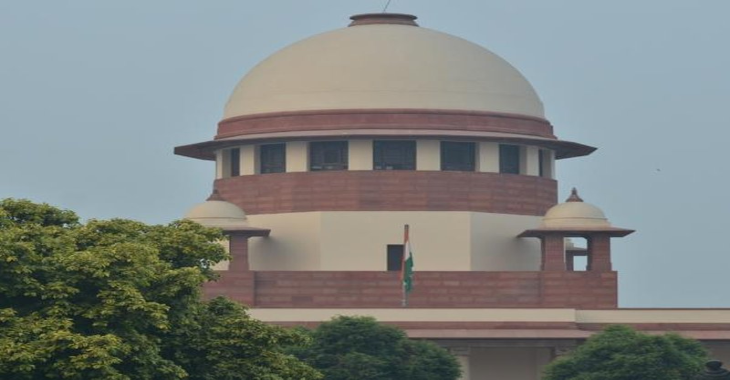A number of petitions contesting the Election Commission’s decision to update the electoral records in poll-bound Bihar are scheduled to be heard by the Supreme Court on Thursday.
A Bench of Justices Sudhanshu Dhulia and Joymalya Bagchi will hear the case on July 10 in accordance with the causelist that was posted on the Supreme Court’s website.
A number of attorneys, including senior advocates Kapil Sibal, Abhishek Manu Singhvi, Gopal Sankaranarayanan, and Shadan Farasat, mentioned the batch of pleas against the ECI’s order directing the Special Intensive Revision (SIR) of Bihar’s electoral rolls for urgent hearing, and the Justice Dhulia-led Bench agreed to list them on Monday.
Numerous petitions have been submitted to the highest court, arguing that failure to overturn the poll body’s June 26 order directing SIR could “arbitrarily” and “without due process” deny thousands of voters the right to choose their representatives and sabotage free and fair elections and democracy, which are fundamental to the Constitution.
Mahua Moitra, a member of the Trinamool Congress (TMC), asked the Supreme Court to stop the Election Commission from issuing similar orders for the SIR of electoral rolls in other states of the nation, citing concerns that a second revision of the voters list could be duplicated in West Bengal.
Through her advocate Neha Rathi, Moitra argued that the poll body is conducting this exercise for the “very first time in the country,” asking voters whose names are already on electoral rolls and who have cast multiple ballots in the past to demonstrate their eligibility.
The plea argues that it is “absurd” for the SIR to demand voters to re-prove their eligibility through a series of paperwork because the majority of them had already cast ballots in both the Assembly and general elections based on their current eligibility.
In the midst of the dispute, the ECI on Wednesday shared a passage from Article 326 of the Indian Constitution on X, ostensibly to defend the ongoing SIR process in Bihar in front of the next Assembly elections.
The poll body stated that “every Indian citizen who is at least 21 years old on the date that may be set in that regard by or under any law made by the appropriate Legislature and who is not otherwise disqualified under this Constitution or any law made by the appropriate Legislature on the ground of non-residence, unsoundness of mind, crime, or corrupt or illegal practice shall be entitled to be registered as a voter at any such election.” “The elections to the House of People and the Legislative Assembly of every State shall be on the basis of adult suffrage,” the poll body stated.
Read More
PM Modi concludes his five-nation tour and departs back India
An Indian devotional hymn was played when PM Modi arrived at Brasilia’s Alvorada Palace


